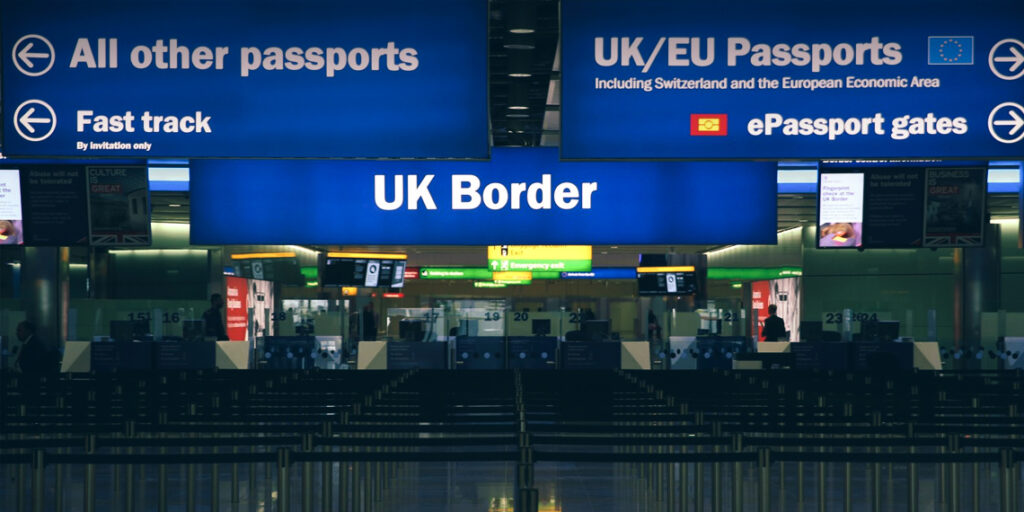The UK government has announced the deportation of nearly 13,500 individuals since assuming office, highlighting its commitment to a stringent migration policy.
Ministers cite the figures as evidence of their firm stance on illegal immigration, while human rights advocates warn of potential risks to those being removed.
According to official data, the government is on course to achieve the highest deportation numbers in five years, with this period including four of the largest deportation flights in UK history.
Reports from The Observer indicate that three of these flights were directed to Brazil, with the fourth also likely to have the same destination.
Between 5 July and 7 December 2024, the government recorded 13,460 deportations, with the majority classified as voluntary returns. However, the number of enforced removals saw a 25% increase compared to the same period in 2023.
The Home Office has conducted deportation flights to at least seven countries, including Pakistan, Nigeria, and Albania.
One deportation, involving a Pakistani national, drew particular criticism. The individual, whose asylum claim had been refused, was forcibly removed while his wife—listed as a dependant on his claim—remains in the UK. Human rights organisations warn such actions have resulted in families being forcibly separated.
Emma Ginn, director of Medical Justice, a charity supporting the health of immigration detainees, expressed concern about the treatment of deportees.
“The government’s celebratory data represents individuals unable to access legal representation or medical and expert evidence, leaving them vulnerable to serious risks upon return,” Ginn stated.
She added that many detainees, suffering from physical and psychological trauma, are subjected to hazardous conditions in UK immigration detention centres.
The Home Secretary, Yvette Cooper, has also unveiled plans to escalate enforcement against illegal workers in the UK. During a visit to Rome, she held discussions with Italian Interior Minister Matteo Piantedosi to strengthen collaboration against people-smuggling networks.
“Illegal working damages our economy, exploits vulnerable individuals, and undermines law-abiding employers,” Cooper said.
“Since the election, we’ve stepped up operations, arrests, and removals, ensuring we’re on track to deliver the highest deportation figures in five years.”
Further measures include the establishment of a cross-government task force to enhance border security. The new Joint International Irregular Migration Unit, comprising officials from the Home Office and the Foreign, Commonwealth, and Development Office (FCDO), aims to address migration challenges at their source.
Foreign Secretary David Lammy emphasised the global nature of migration issues, saying: “Migration is not just a domestic concern—it intersects with international crises, from conflict to climate change and organised crime. Tackling the smuggling gangs requires robust international partnerships.”
The government’s actions have drawn both praise and condemnation, with advocates urging greater attention to the human cost of its migration policies.


